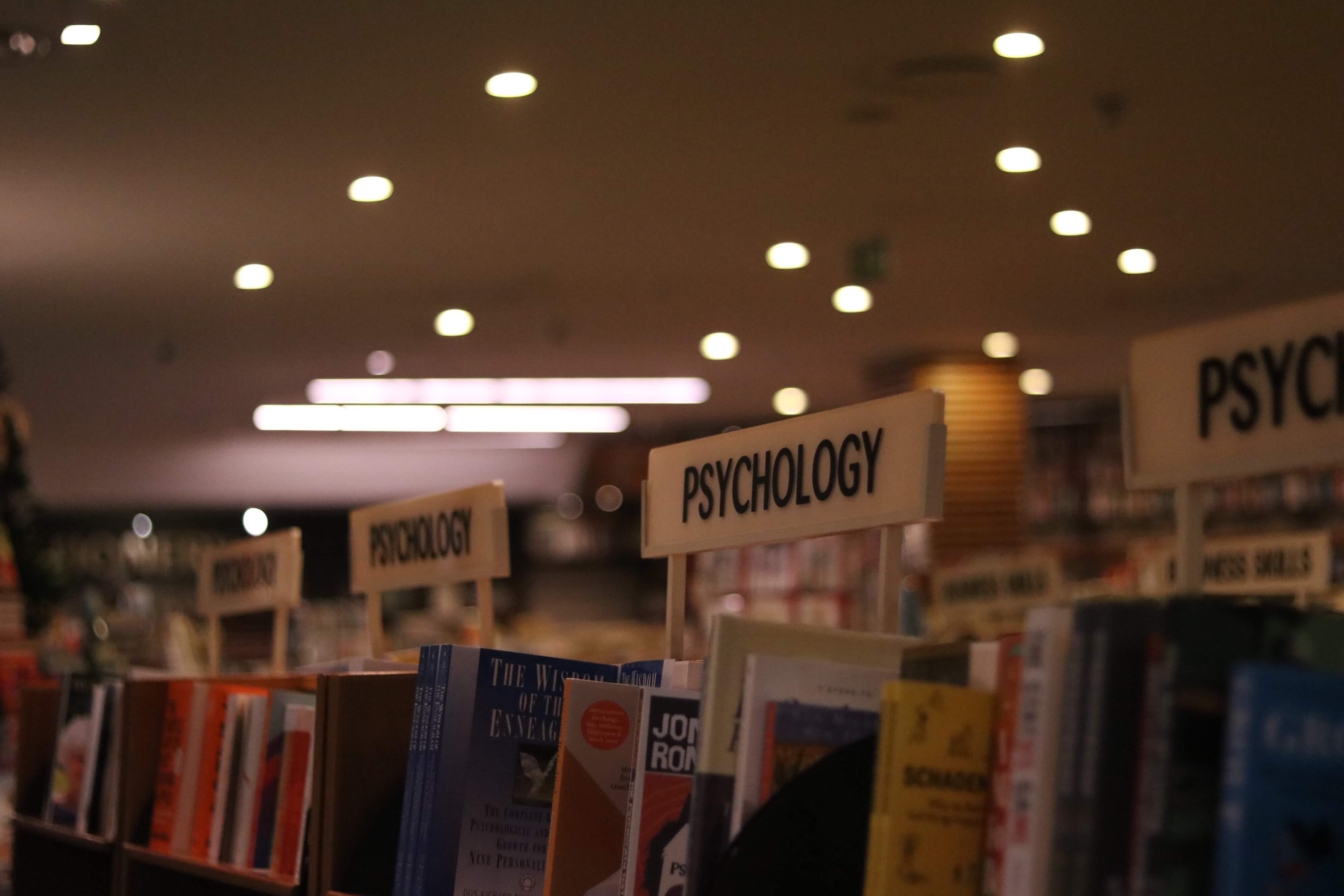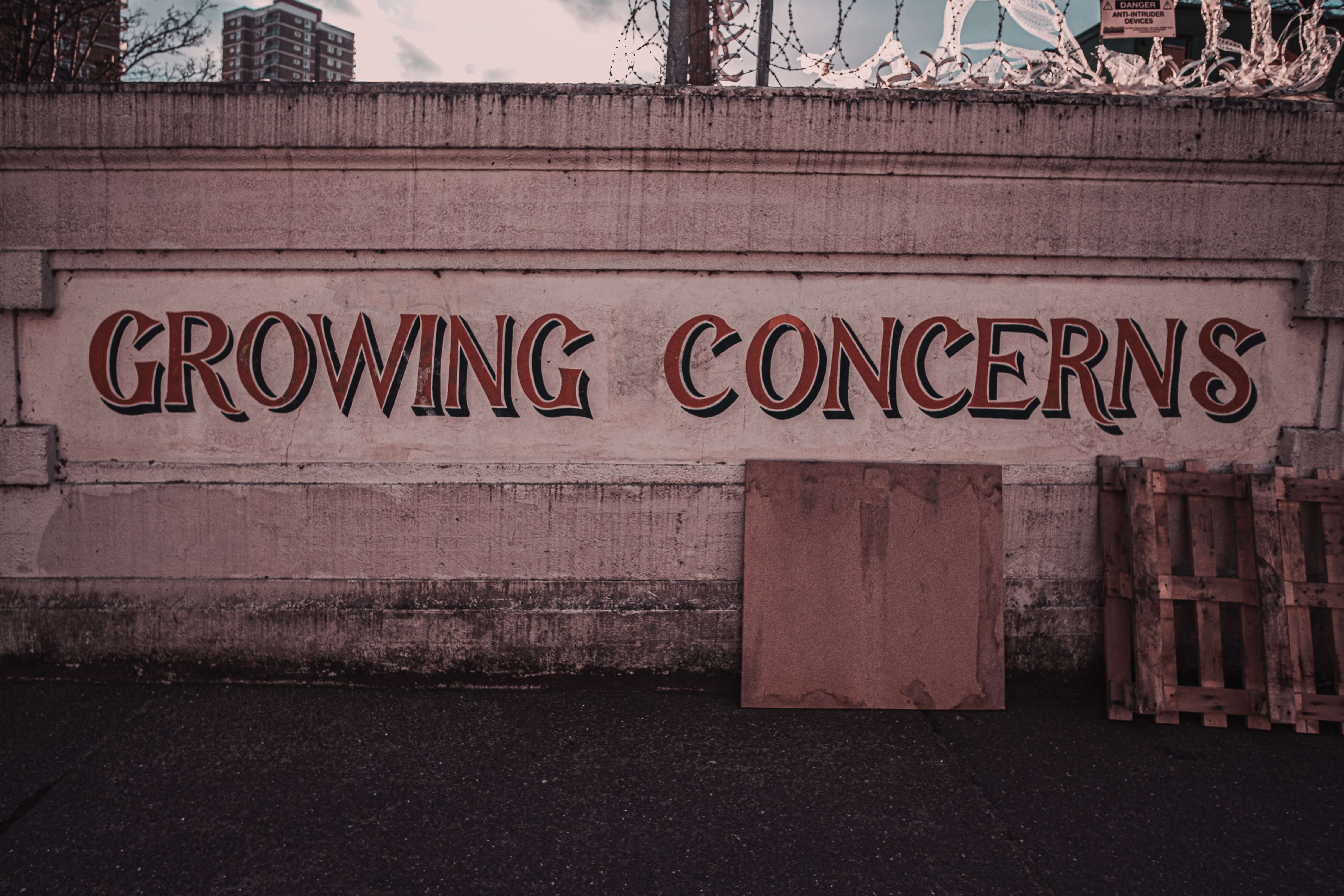True crime podcasts have become a cultural phenomenon in recent years, captivating audiences with tales of murder, mystery, and mayhem. From Serial to My Favorite Murder, millions of listeners have tuned in to hear the latest stories of true crime. But what is it about true crime that has captured our collective imagination and made it such a popular genre in podcasting?
In this article, we will explore the rise of true crime podcasts, examining the factors that have contributed to their popularity and the impact that they have had on society. We will also examine the ethical concerns that have been raised in relation to the genre and the ways in which podcasters are addressing these concerns.
The Psychology of True Crime
 Credits: @Alicia Christin Gerald
Credits: @Alicia Christin Gerald
One of the key reasons for the popularity of true crime podcasts may be our innate fascination with the darker side of human nature. From the ancient Greek tragedies to modern-day horror movies, humans have always been drawn to stories of tragedy, violence, and death. True crime stories offer a glimpse into the minds of criminals and the motivations behind their heinous acts, allowing us to explore the psychology of crime and try to understand what drives people to commit such horrific acts.
According to Dr. Scott Bonn, a criminologist and author of Why We Love Serial Killers, our fascination with true crime is rooted in our need to make sense of the world around us. He argues that true crime stories provide a way for us to confront our fears and anxieties about the world and to try to understand the motivations of those who commit violent crimes. In this sense, true crime can be seen as a form of therapy or catharsis, allowing us to confront our fears and anxieties in a safe and controlled way.
The Narrative-Driven Format of True Crime Podcasts
 Credits: @Valentin Salja
Credits: @Valentin Salja
Another reason for the popularity of true crime podcasts may be the narrative-driven format that many shows use. Shows like Serial, Criminal, and My Favorite Murder use storytelling techniques to create a compelling and immersive experience for listeners. They delve into the details of a particular case, introducing new evidence and perspectives along the way, and keeping listeners on the edge of their seats. The storytelling aspect of these podcasts has helped to create a sense of community among listeners, leading to the rise of fan groups and live shows.
According to Dr. Amanda Vicary, a psychologist at Illinois Wesleyan University, the narrative-driven format of true crime podcasts is particularly appealing to listeners because it allows them to become invested in the stories they are hearing. "When you're listening to a story, you're an active participant in it," she says. "You're not just passively receiving information, you're actively engaged in the story and trying to make sense of what's happening." This level of engagement is especially important in the age of digital media, where attention spans are shorter than ever before.
The Platform for Underrepresented Voices
 Credits: @Annie Spratt
Credits: @Annie Spratt
True crime podcasts also offer a unique platform for underrepresented voices and perspectives to be heard. Many podcasts focus on cases that have been overlooked or mishandled by law enforcement or the media. They shed light on cases that may have otherwise been forgotten and give a voice to victims and their families. For example, the podcast Missing & Murdered: Finding Cleo explores the case of a young Indigenous girl who was taken from her family and adopted into a non-Indigenous family, shedding light on the long-lasting effects of Canada's residential school system.
The popularity of true crime podcasts has also given rise to a new generation of female hosts and producers, who are bringing a fresh perspective to the genre. Shows like My Favorite Murder, hosted by Karen Kilgariff and Georgia Hardstark, and RedHanded, hosted by Hannah Maguire and Suruthi Bala, have become hugely popular for their unique perspectives and their focus on the lives of victims as well as perpetrators. This focus on the human stories behind the crimes has helped to humanize the genre and has encouraged a wider range of listeners to engage with true crime podcasts.
The Impact of True Crime Podcasts on the Criminal Justice System
 Credits: @Tingey Injury Law Firm
Credits: @Tingey Injury Law Firm
The popularity of true crime podcasts has also had a significant impact on the criminal justice system. Many podcasts have drawn attention to cases that have been mishandled by law enforcement, leading to renewed interest in those cases and calls for reform. For example, the podcast Undisclosed: The State vs. Adnan Syed reexamines the case of Adnan Syed, who was convicted of murder in 1999 and whose case was the subject of the first season of Serial. The podcast raises questions about the fairness of Syed's trial and has sparked a renewed interest in his case.
Similarly, the podcast In the Dark investigated the case of Curtis Flowers, who was tried six times for the same crime, and exposed flaws in the system that allowed Flowers to be repeatedly tried despite a lack of evidence. The podcast's investigation led to Flowers' eventual release from prison, and the case has been cited as an example of the need for greater accountability and oversight in the criminal justice.
In addition to exposing flaws and injustices in the system, true crime podcasts have also contributed to a growing awareness of issues such as police brutality, racial profiling, and wrongful convictions. They have helped to bring these issues to the forefront of public consciousness and have sparked important conversations about the need for reform.
Shaping Public Perceptions of Crime
Another important impact of true crime podcasts has been their role in shaping public perceptions of crime. The popularity of true crime podcasts has led to a growing interest in criminal cases and a greater awareness of the complexities of the justice system. However, this increased interest has also raised concerns about the ways in which true crime podcasts can perpetuate harmful stereotypes and myths about crime and criminal behavior.
One of the most significant concerns is the way in which true crime podcasts often focus on cases of violent crimes committed by individuals who are portrayed as irredeemable monsters. This can lead to a distorted view of crime and criminal behavior, which can perpetuate harmful stereotypes and contribute to a culture of fear and mistrust.
Moreover, some critics argue that true crime podcasts can be exploitative and insensitive to the victims and their families. The genre often features stories of violent crimes and tragic events, which can be emotionally charged and traumatic for those involved. Critics argue that using these stories for entertainment purposes can trivialize the impact of these events on real people's lives.
Addressing Ethical Concerns
 Credits: @Samuel Regan-Asante
Credits: @Samuel Regan-Asante
In response to these concerns, many true crime podcasters are taking steps to address the ethical implications of their work. Some podcasts feature interviews with victims and their families, allowing them to tell their stories in their own words and giving them a voice in the narrative. Others donate a portion of their proceeds to organizations that support victims of crime and work to reform the criminal justice system.
Additionally, some podcasters are taking steps to address the issue of harmful stereotypes and myths about crime and criminal behavior. They are working to humanize the victims and perpetrators of crimes and to shed light on the complex social and cultural factors that contribute to criminal behavior.
Conclusion
In conclusion, the rise of true crime podcasts can be attributed to a variety of factors, including our fascination with the darker side of human nature, the narrative-driven format of many shows, and the platform they provide for underrepresented voices and perspectives. While there are valid concerns about the ethics of exploiting real-life tragedies for entertainment purposes, true crime podcasts have also sparked important conversations about the criminal justice system and issues of justice and fairness. As the genre continues to evolve and grow, it will be important to continue to examine the impact that true crime podcasts have on society and to ensure that they are produced and consumed in an ethical and responsible manner.

